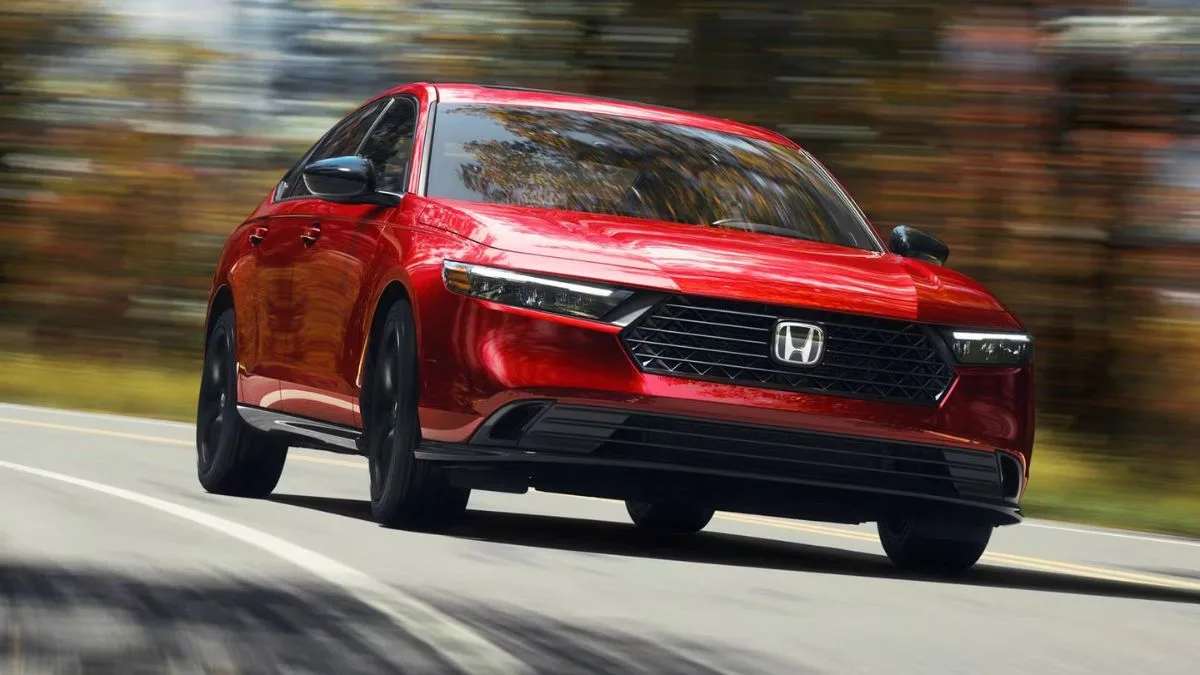Honda is pulling over 2.5 million vehicles off the road in the United States. According to the details, Honda’s US division has issued a recall due to a serious fuel pump issue that could spell trouble – think engine failure or random stalling.

The glitch lies in the fuel pump impeller used in Acura and Honda models from 2017 to 2020. Turns out, these impellers weren’t molded quite right, resulting in low-density versions. Over time, they have the potential to “deform and interfere with the fuel pump body,” rendering the fuel pump useless, according to regulators.
Furthermore, the National Highway Traffic Safety Administration (NHTSA) is waving the caution flag. If your vehicle’s fuel pump module decides to take a nap, your engine might refuse to start or randomly stall while cruising. That’s not just a minor inconvenience – it can result in accidents and injuries on the road. But Honda claims there haven’t been any crash or injury reports related to this recall so far.
However, Honda is stepping up and offering to replace fuel pumps for all affected vehicles at no cost. But they’re rolling this out in stages, with the first phase of letters hitting mailboxes in February. In a formal statement, they explained that they’re short on the replacement parts for all the recalled vehicles right now, so they’re going to give owners a heads-up in phases.
Dealer notifications were supposed to start rolling out earlier this week, as per the NHTSA’s paperwork. If you are looking for updates, you can do a quick check on the NHTSA site or peep Honda and Acura’s recall lookup platforms.
Moreover, if your Honda vehicle falls into the 2017-2020 category and its specifically a Honda Accord, Civic, CR-V, or the Acura NSX, MDX, or TLX, you might want to pay extra attention. This recall covers a whole bunch of popular models, so it’s better to be safe than sorry.
However, this isn’t the only recall as the NHTSA and Honda jointly reported another recall. This time it’s targeting over 106,000 2020-2022 CR-V hybrid vehicles. The issue? A missing fuse on the power circuit of exterior 12-Volt battery cables, which may lead to a short circuit or overheating if your ride decides to get into a fender bender.

















